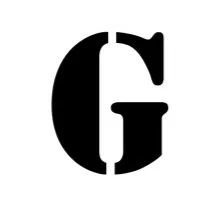Introduction
Mehak Srivastava
Green Room begins with a quiet ascent, moving beyond physical floors to the metaphorical heights of status, power, and ambition. The elevator becomes the ultimate self-fulfilling prophecy: the higher it rises, the more undesirable the circumstances it leaves behind. As we ascend, the once-idealized penthouse reveals itself not as an apex of success but as a stage for systemic exclusivity and disillusionment. The pristine luxury of these apartments hides the social realities that sustain them, realities obscured by the act of vertical ascent.
Within its metallic confines, the journey feels ritualistic, an act of etiquette where individuality is sacrificed for uniformity. This enforced ‘‘elevator etiquette’’ mirrors broader pressures of modern life: upward mobility at any cost, even if it means ignoring what we leave behind. The sensory deprivation of the elevator, silencing the world outside, forces us to internalize a singular focus on ascension without questioning the implications of the climb.
Yet the elevator also critiques the spaces it serves. Its movement, though vertical, exposes the horizontal fragmentation of the city—spaces divided and stratified by access. The higher we ascend, the narrower the field of access becomes. Skyscrapers may redefine urban landscapes, but they also highlight the tensions between ambition and exclusion, between the multiplicity of the ground and the singular pursuit of the sky.
In this issue, we examine the elevator as both a mechanism and a metaphor. The Slocum elevator, like many others, is more than a tool for transport. It shapes the skyscraper itself, altering our perception of success and status while challenging us to rethink the true meaning of progress.
